Hormone Replacement Therapy & Heart Health
This month is REDFEB. A month dedicated to raising awareness & funds for Heart Research Australia.
Heart disease is still Australia’s leading cause of death affecting families and communities around the country. It’s highly likely that if you are reading this blog, you know someone who has been affected by heart disease.
In the clinic, I mostly manage women and men’s health pelvic health patients. A large proportion of my patients are middle aged & suddenly starting to worry about their health & the implications their lifestyle (past & present) will have on their health & wellbeing. Women seeking treatment for urinary incontinence or prolapse are often perimenopause, going through the joys of menopause or are post menopause. A common thread of discussion during these consults is the use of Hormone Replacement Therapy (HRT) during this time, with a lot of women still worried about the risk of HRT & heart disease. So… it’s time to bust some myths around HRT & heart health!
Myth: HRT causes heart problems
Fact: If you are in your 40s and 50s suffering from menopausal symptoms, the benefits of HRT outweigh any risks in most women. Women who need estrogen-only HRT (without a progestogen) have a lower heart disease risk than those women who do not take HRT, in other words it has a protective effect.
An analysis of all studies (40,410 women) showed HRT did not increase the number of deaths from heart and blood vessel disease or heart attacks. HRT also did not increase the number of cases of angina in healthy women or in women with pre-existing heart and blood vessel disease.
There may be a small increased risk of heart disease if you start HRT in your sixties or seventies which is why it is better to start HRT as soon as you experience menopausal symptoms. Your overall risk of heart problems will also depend on other factors such as whether you smoke and are overweight.
Myth: HRT causes blood clots
Fact: There is no increased risk from HRT patches or gels. Taking HRT tablets can increase the risk of blood clots but this risk is extremely small. It is estimated that for every 1,000 women taking HRT for around seven years, less than two will develop a blood clot.
Myth: You can only have HRT for a short time, whatever your age.
Fact: Women can take HRT as long as needed at the lowest effective dose. Younger women on HRT should not stop before the age of 50. If you are taking HRT in your 40s, it is beneficial to keep taking it until you are at least 51.
NICE (National Institute for Health & Care Excellence) Recommendations (2019)
Women should be informed that:
● HRT with estrogen alone is associated with no, or reduced, risk of coronary heart disease;
● HRT with estrogen and progestogen is associated with little or no increase in the risk of coronary heart disease;
● Taking HRT under 60 years does not increase a woman’s risk of CVD;
● The presence of cardiovascular risk factors is not a contra-indication to HRT;
● It is essential to optimally manage any underlying cardiovascular risk factors (e.g. blood pressure, cholesterol).
I hope this clears up some of the unease surrounding the use of HRT to manage menopause symptoms.
Getting involved in REDFEB is as simple as wearing red and donating. Use the month of February as a motivator to change something in your lifestyle to help protect your HEART!
See you in the clinc!
Best Wishes.
Written by Gillian Burgess - Women and Men’s Physiotherapist & Pilates Instructor.
To see our Physiotherapists or book in for a Pilates consult, book an appointment with us online today or call our team on 07 55 04 7000.

